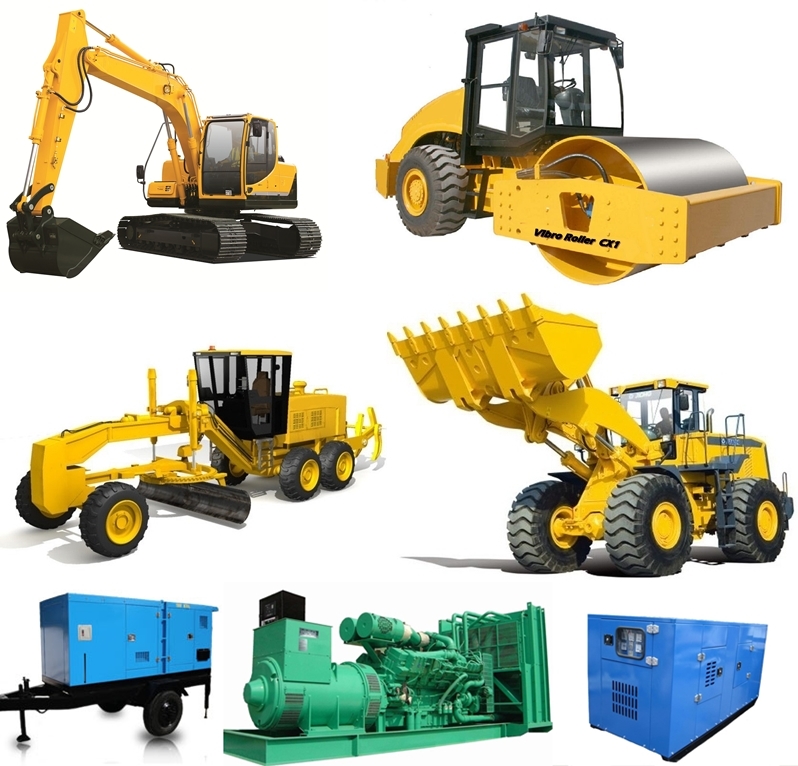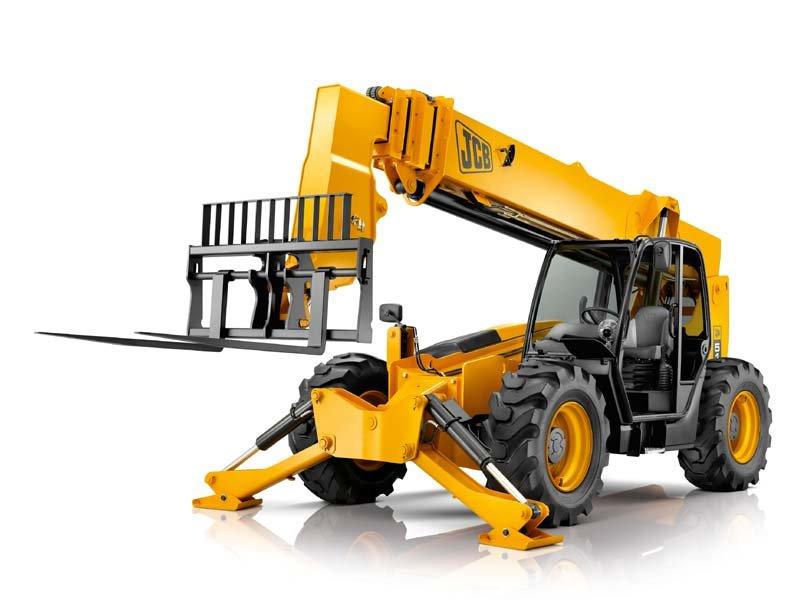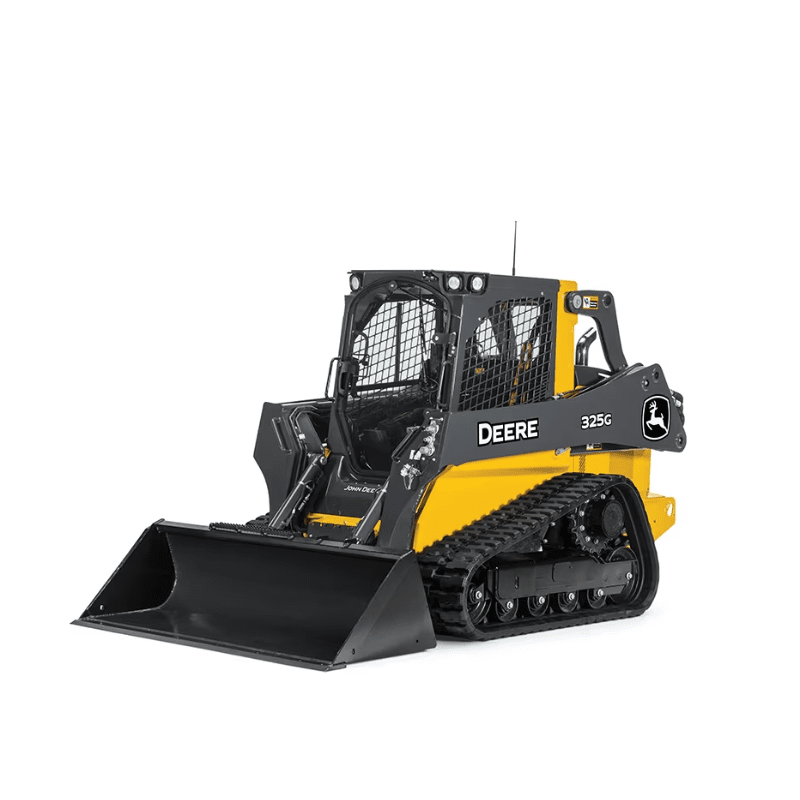Heavy Equipment Rental: Big Equipment for Any Kind Of Construction Project
Heavy Equipment Rental: Big Equipment for Any Kind Of Construction Project
Blog Article
Optimize Your Budget Plan by Understanding the Expenses Related To Building And Construction Devices Rentals
Recognizing the complete scope of expenses related to building equipment leasings is critical for maximizing your budget. While the first rental charge might appear straightforward, many added expenses-- such as transport, gas surcharges, and maintenance-- can swiftly gather, affecting your financial preparation. Being aware of numerous charges and the complexities of rental contracts can aid stay clear of unforeseen economic problems. What methods can be used to properly manage these prices and make certain a more reliable rental experience?
Review of Rental Costs
When thinking about construction devices leasings, recognizing the connected expenses is paramount for reliable budgeting and job preparation. Rental prices can differ considerably based upon numerous aspects, including tools type, period of service, and place. The first rental charge usually reflects the tools's market demand and its connected functional capacities, influencing the total cost.
Along with the base rental rate, ancillary expenses may emerge, such as transportation costs, gas surcharges, and upkeep charges. It is vital to represent these additional expenditures to precisely analyze the total price of leasing equipment. The rental duration can impact rates; longer services might certify for discounted rates, while temporary rentals could sustain greater everyday costs.

Malfunction of Rental Rates
A thorough understanding of rental rates is important for professionals and job supervisors aiming to optimize their budgets. Rental rates for building tools usually include a number of components, including base prices, time-based fees, and usage charges.
Base prices are the core costs associated with the rental of the devices, commonly identified by the type and dimension of the machinery. These prices can vary substantially, influenced by variables such as devices need, availability, and local market trends. Time-based charges, which may be daily, weekly, or monthly, serve to accommodate various task timelines and rental durations.
Additionally, rental rates may include usage fees, which apply when devices is made use of past a defined threshold, guaranteeing that the rental business can account for wear and tear. Seasonal demand changes can additionally impact rental prices, with peak building seasons generally commanding greater prices.
In addition, comprehending the rental company's plans pertaining to upkeep and insurance coverage can offer additional understanding right into the general cost framework. By examining these components, specialists can make educated decisions, making sure the choice of rental devices straightens with both job requirements and budget plan constraints.
Added Fees to Consider
Comprehending the complexities of extra fees is critical for contractors to handle their overall service expenses successfully. Past the basic rental prices, different additional costs can substantially affect the overall expense of tools leasing. These charges typically consist of delivery and pickup costs, earth moving equipment list which can vary based on range and logistics associated with carrying the devices to and from the task site.
In addition, some rental firms may enforce gas additional charges if the devices is returned with much less fuel than when leased. It is additionally important to understand potential cleaning fees, particularly for specialized tools that requires complete maintenance after usage.

Extensively evaluating the rental agreement and making clear these additional charges ahead of time can assist specialists prevent unforeseen expenses and make sure that budgets continue to be intact throughout the project lifecycle.
Repair And Maintenance Expenses
Normal maintenance and repair costs are typically ignored factors that can substantially affect the overall cost of building devices services. When renting out tools, it is critical to consider not just the rental costs but additionally the potential prices related to maintaining the equipment in optimum operating condition.
Many rental companies consist of standard upkeep as component of the rental agreement; nevertheless, extra extensive repair work or unforeseen failures can cause additional expenditures. It's important to assess the rental contract carefully to recognize what upkeep services are covered and what responsibilities drop on the renter.
Additionally, devices that is not well-maintained can lead to ineffectiveness on duty website, possibly creating delays and raising project expenses. To mitigate these dangers, it is a good idea to conduct routine examinations and maintain open communication with the rental provider pertaining to any kind of problems that develop during usage.
Insurance Policy and Liability Costs
Insurance and obligation prices are crucial parts that can dramatically influence the general expenditure of building tools rentals (construction equipment rentals). These expenses make sure that both the earth moving equipment list rental company and the client are secured from possible financial losses arising from mishaps, damage, or burglary during the rental period

Furthermore, customers need to know any kind of deductibles or exemptions in the insurance plan, as these can influence potential out-of-pocket expenses. Understanding the conditions of any insurance policy coverage is crucial to avoid unforeseen expenses. Inevitably, budgeting for insurance policy and responsibility expenditures can help make sure a smoother rental experience and protect versus monetary threats associated with building and construction jobs.
Verdict
In final thought, an extensive understanding of the expenses connected with building devices rentals is necessary for reliable budget plan Find Out More monitoring. Eventually, informed decision-making pertaining to equipment rentals adds to the total success of building endeavors.
Rental prices can differ considerably based on numerous factors, including equipment type, duration of leasing, and location (forklift rental). The rental duration can influence prices; longer leasings might certify for discounted prices, while temporary rentals could incur higher everyday charges
By carrying out detailed research study and involving with trusted rental business, contractors can properly navigate the intricacies of rental rates, inevitably optimizing their financial resources.
Past the conventional rental prices, various extra fees can dramatically affect the complete price of tools rental. Rental companies usually supply liability insurance coverage that covers injuries to third parties or damage to building, while equipment damages insurance coverage can cover the cost of fixings or substitute if the leased equipment is harmed.
Report this page